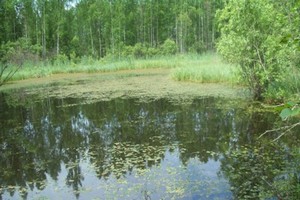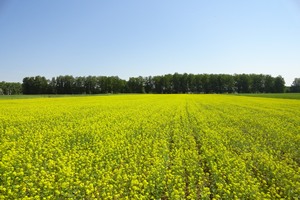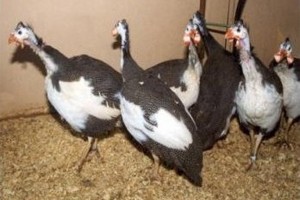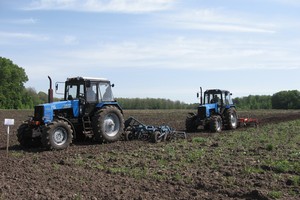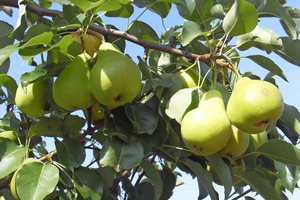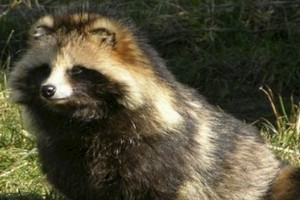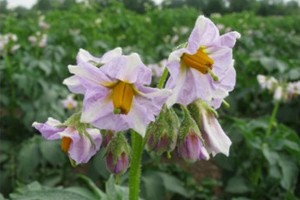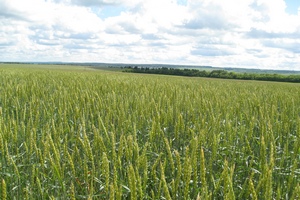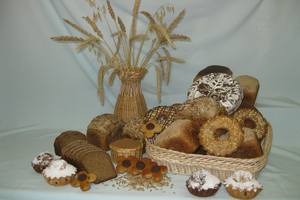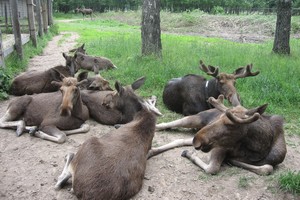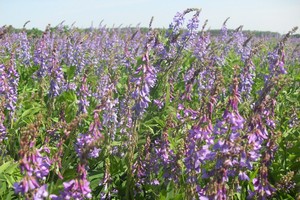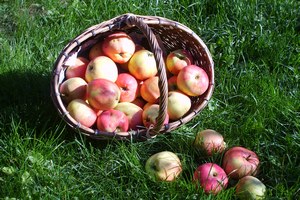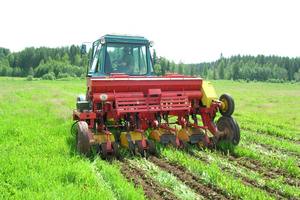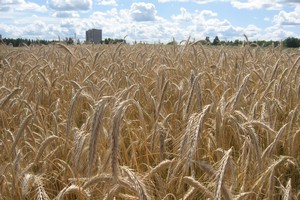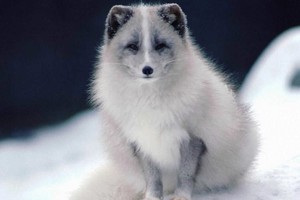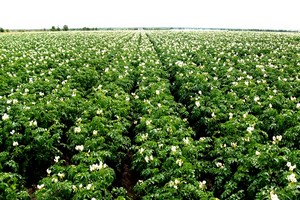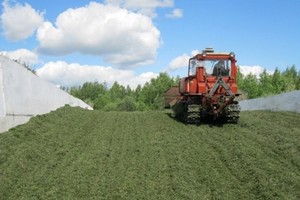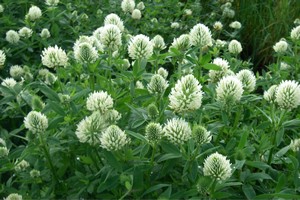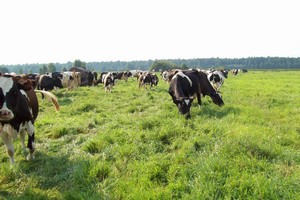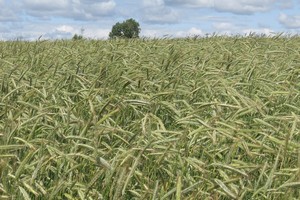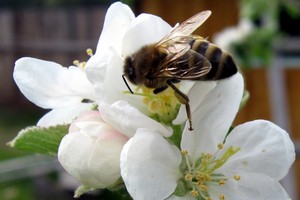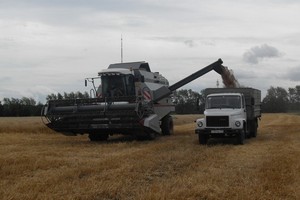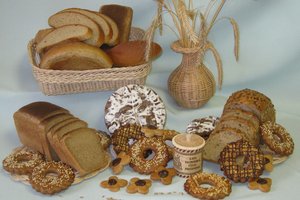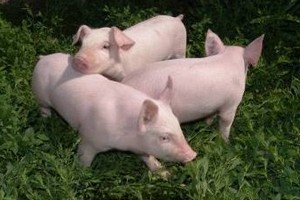Influence of grain germination mode on the malt enzymatic activity of the Vyatsky naked oat
Pages: 46-52.
Chekina M.S., post-graduate student,
Meledina T.V., DSc in technical sciences, professor, head of cathedra,
Sergacheva E.S., Ph.D., associate professor
Saint-Petersburg State Research University of Information Technologies, Mechanics and Optics, St. Petersburg, Russia
E-mail: msch18_25@mail.ru
Gluten-free naked oats is an advanced cereal grain for the production of dietary, functional and specialized food products. An analysis of 13 varieties of naked oats breeding in North-East Agricultural Research Institute, Kirov has showed that all of them belong to gluten-free raw material. Malt produced from these oats and its derivative products can be used for people with celiac disease. Due to the fact that germination technology of naked oats in Russia is absent the influence of malting temperature on cytolytic and proteolytic dissolution of the grain as main technological parameter of the germination process was studied. It is shown that for short malt with germination duration 3 days increasing of temperature from 7 to 19 ° C results in decreasing of β-glucan in wort from 1020 to 757 mg/l. The same time proteolysis occurs, so Kolbah number increases in two times and concentration of amino nitrogen in the wort increases in 3.4 times (from 34 to 117 mg/l). Malt extract content defined in a coarse grinds increases from 57.1 to 74.5 %. Thus, physic-chemical characteristics of malt from Vyatsky naked oats with germination duration 3 days, temperature 18-19 ° C are not inferior to commercial malt produced from gluten-containing naked oat with germination duration 5-6 days, temperature 14-15°C.
Keywords: naked oats, grain, oat malt, malting, germination, soaking, cytolysis, proteolysis, enzyme activity
References
1. Paken P. Funktsional'nye napitki i napitki spetsial'nogo naznacheniya. [Functional beverages and beverages for special purposes]. Trans. from English. SPb .: Profession, 2010. 496 p.
2. Belkina R.I., Marikova M.I. Tekhnologicheskie i biokhimicheskie svoystva zerna ovsa v usloviyakh severnogo Zaural'ya. [Technological and biochemical properties of oats grain in the conditions of the northern Trans-Urals]. Agrarnyy vestnik Urala. 2009. no.5. pp.55-57.
3. Kozlova G.Ya., Akimova O.V. Sravnitel'naya otsenka golozernykh i plenchatykh sortov ovsa po osnovnym pokazatelyam kachestva zerna. [Comparative evaluation of naked and hulled varieties of oats and the main indicators of grain quality]. Sel'skokhozyaystvennaya biologiya. 2009. no. 5. pp. 87-89.
4. Batalova G.A. Perspektivy i rezul'taty selektsii golozernogo ovsa. [Prospects and results of naked oats selection]. Zernobobovye i krupyanye kul'tury. 2014. no.2(10). pp.64-69.
5. Novikova T.N. Razrabotka tekhnologii sakharosoderzhashchego gidrolizata iz ovsa i ego primenenie pri proizvodstve pshenichnogo khleba: avtoref. dis. na soisk. uchen. step. kand. tekh. nauk. [Development of technology of sugar-containing hydrolyzate of oats and its application in the production of wheat bread: author's abstract on competition of a scientific degree of candidate of technical sciences]. Orel, 2009. 17 p.
6. Meledina T.V., Prokhorchik I.P., Kuznetsova L.I. Biokhimicheskie protsessy pri proizvodstve soloda. [Biochemical processes in the malt production]. St. Petersburg: ITMO, 2013. 89 p.
7. Nartsiss L., Bak V. Kratkiy kurs pivovareniya. [Short Course of brewing]. per. with it. A.A Kurelenkova. St. Petersburg: Profession, 2007. 640 p.
8. Meledina T.V. Syr'e i vspomogatel'nye materialy v pivovarenii. [Raw and auxiliary materials in brewing]. St. Petersburg: Profession, 2003. 304 p.
9. Egorova E.Yu., Shkol'nikova M.N., Gernet M.V., Zaynullin R.A., Kunakova R.V. Proizvodstvo bal'zamov i siropov. [Manufacturing of balms and syrups]. St. Petersburg Title: 2011. 408 p.
10. Chekina M., Batalova G. Oves v kachestve bezglyutenovogo syr'ya v napitkakh funktsional'nogo naznacheniya. [Oats as a gluten-free raw materials in beverages functional significance]. Industriya napitkov. 2014. no.7 (103). pp. 16-21.
11. GOST 12039-82. Semena sel'skokhozyaystvennykh kul'tur. Metody opredeleniya zhiznesposobnosti. Vzamen GOST 12039-66.vved. 83-07-01. [State Standard 12039-82. Agricultural seeds. Methods of determination of germinability. Instead of GOST 12039-66. introduced 83-07-01]. Moscow STANDARTINFORM, 2011. 42 p.
12. GOST 10968-88. Zerno. Metody opredeleniya energii prorastaniya i sposobnosti prorastaniya. [State Standard 10968-88. Grain. Methods of determining of readiness and ability germination]. Moscow: STANDARTINFORM, 2009. 4 p.
13. GOST 29294-92. Solod pivovarennyy yachmennyy. Tekhnicheskie usloviya. [State Standard 29294-92. Brewers barley malt. Specifications]. Moscow: Publishing House of IPC standards, 2002. 19 p.
14. Ermolaeva G.A. Spravochnik rabotnika laboratorii pivovarennogo predpriyatiya. [Reference of brewery laboratory worker]. St. Petersburg Title: 2004. 546 p.
